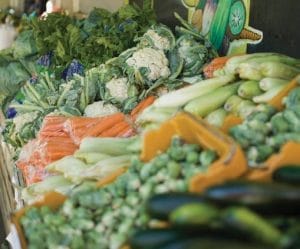Project Description
Synthetic Biology public dialogue
Project summary

Synthetic biology is an emerging area of science and technology, using developments in engineering and bioscience to create new biological parts or to redesign existing ones to carry out new and useful tasks. It is hoped that the use of synthetic biology could help address major societal issues such as global warming, serious diseases and food security. However it also raises societal concerns, for example with regards to bio-security issues.
From 2009 – 2011, the Biotechnology and Biological Sciences Research Council (BBSRC) and the Engineering and Physical Sciences Research Council (EPSRC) led a public dialogue, supported by Sciencewise, to explore public attitudes towards the development and use of synthetic biology. This was done up-stream in the policy process to allow research councils to develop policy which understands and takes into account public opinion.
The process was split into two stages. The first stage included indepth interviews with stakeholders. The second phase involved 12 deliberative workshops that brought 160 members of the public together three times in four locations (London, Llandudno, Newcastle-upon-Tyne and Edinburgh) along with scientists, social scientists and representatives from the Research Councils.
The results were widely disseminated and used in a variety of ways. For example, the dialogue led to a meeting between the CEO’s of BBSRC and EPSRC who then shared the findings and their responses with stakeholders and Government Chief Scientific Adviser Professor Sir John Beddington. It was also acknowledged in the Government response to House of Commons Science and Technology Committee report on bioengineering. Additionally BBSRC reviewed it’s approach to ethics as a direct result of the dialogue and in 2012 introduced a new procedure to encourage all grant applicants to consider the ethical implications of their research.
The delivery contractor was TNS-BMRB and the project evaluator was Laura Grant Associates.
See the Synthetic Biology Case Study and reports for further details, along with information on BBSRC’s website.